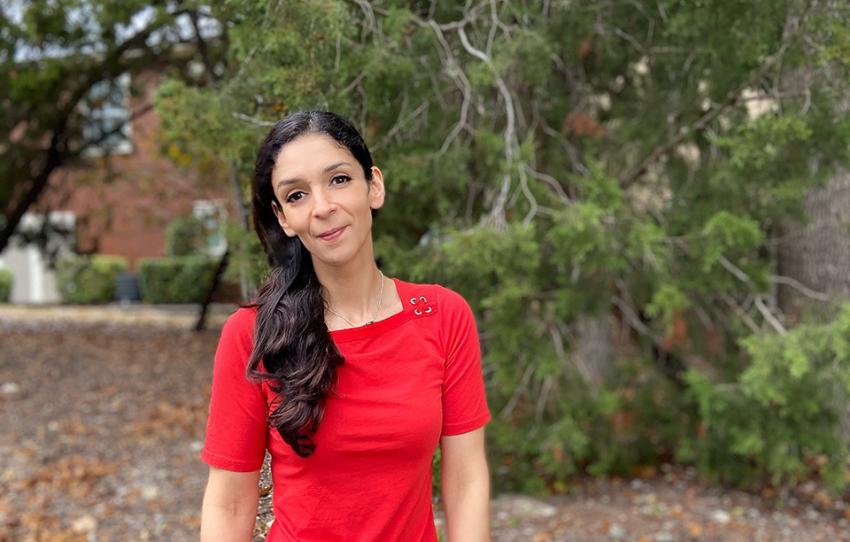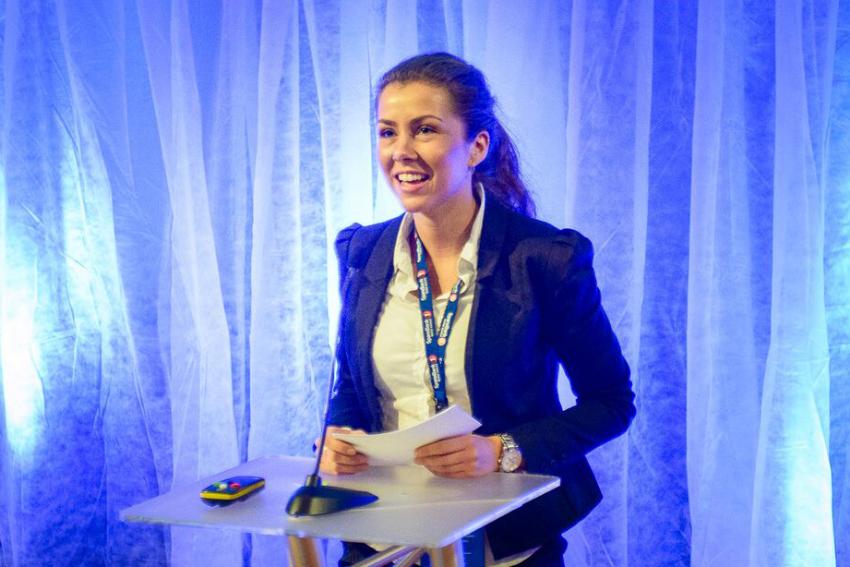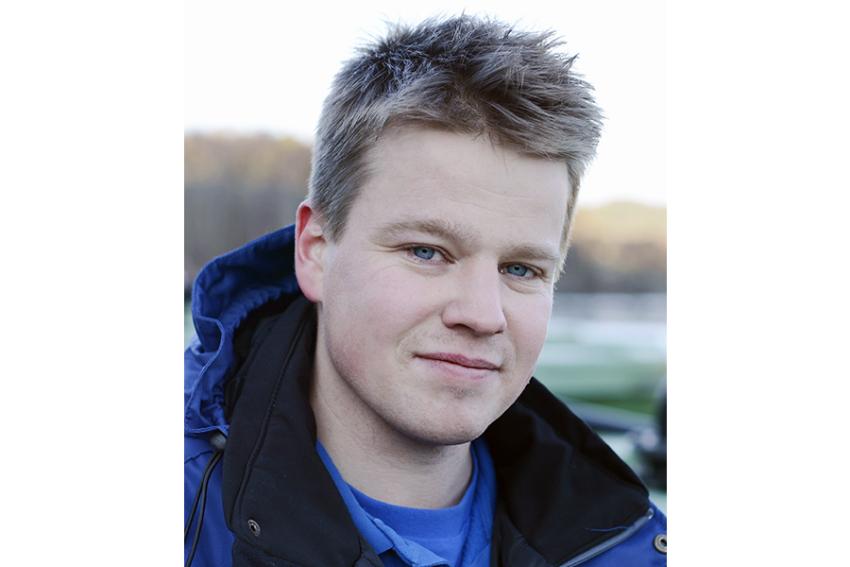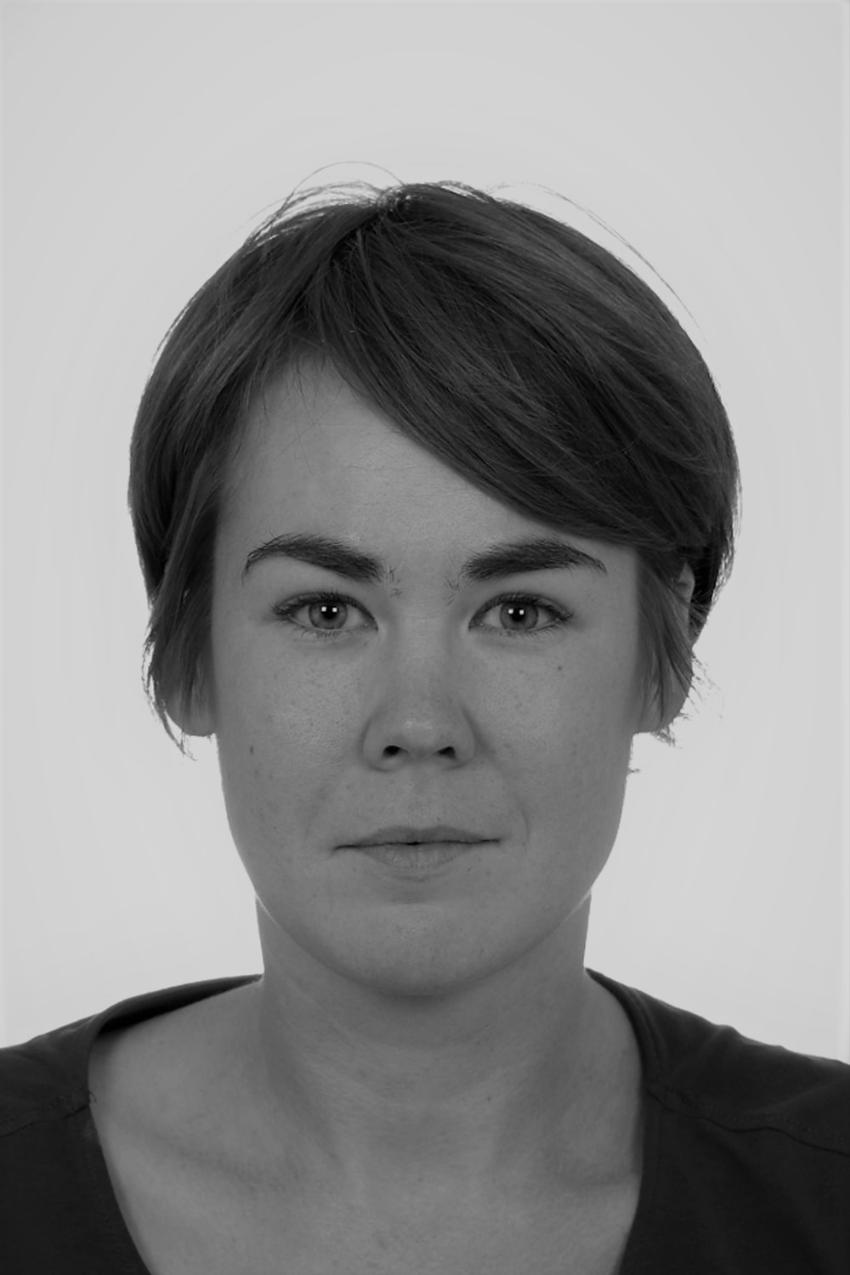Wendy Valenius has always had a passion for the Arctic, sustainable development, and Indigenous and Human Rights. She found exactly this combination in the GENI program.
Why did you choose to study the GENI program at UiT/USask?
– There were several reasons that caught my eye about this program since I was studying Circumpolar Studies with Nord University. One has been the opportunity to be involved in the work and research performed with UiT, and another one has been my passion for the Arctic, sustainable development, and Indigenous and Human Rights. Additionally, the GENI program offers the unique opportunity to gain a deeper understanding of the Northern regions and not only from one perspective, but including the comparative immersion into two different Northern environments, and from a highly practical level. It is possible to learn about the similarities and vast differences between the Indigenous communities of the North, but another level altogether to be able to tangibly experience them. The richness in experience and expertise provided both by UiT and USask have been invaluable.
Since my studies have consistently developed within multicultural environments, starting since early education in the Swiss School of Mexico, later continued in the years living in Finland, currently in the USA, and the opportunity for present and future international collaboration seemed like a natural choice for me to follow on this program.
What do you think about the program?
– After having started on the program, I have really appreciated the multidisciplinary yet thorough quality of the studies. The subjects for courses offered have been carefully planned and chosen to not only encompass both the Governance and Entrepreneurship aspects of the program's scope, but providing the opportunity to pursue personal interests in the shape of an Applied Research Project.
The program has also been tailored to promote solutions to tangible problems and questions, to build bridges and create lasting collaborations between students and also with the involved institutions, government agencies or businesses. This is a program meant to build a future, and not only on a personal level but for the benefit of many.
Can you tell a bit more about what it is like to be a student at the GENI program?
– The GENI program offers the option for either part-time or full-time study, and the flexibility to accommodate other life commitments and to include students located across timezones. The GENI cohort is naturally composed of very interesting people form vastly different backgrounds but who also share meaningful common values, students who either are part of Indigenous communities themselves or who are dedicated allies committed to a vision of social justice and to finding sustainable solutions to current and relevant developmental problems. Despite the remote and individual nature of the courses, there is a personal and humane aspect to the shared experiences and possibilities for collaboration offered by this program.
What are your plans for the future?
– My interests and hopes for the future involve work and further studies or research involving the safeguarding of Indigenous intellectual property rights, and/or comparative studies in the implementation of international agreements into the national legislation in the Nordic countries, particularly in Norway and Finland.
My aim is to develop both my Applied Research Project and thesis around solutions for the protection of Sámi intellectual property within the context of culturally responsible and sustainable Indigenous tourism following Sámi developed ethical guidelines. My hope is to develop long-term collaborations that endure beyond the scope and time of my studies in the GENI program, and that consecutively lead to work within an international organization or academic institution.
Other Student stories

Wendy Valenius
Governance and Entrepreneurship in Northern and Indigenous Areas - master
Tromsø
Student stories

Ceselia Høyvik Rokne
Fiskeri- og havbruksvitenskap - bachelor
Tromsø
Work stories

Mads Martinsen
Fiskeri- og havbruksvitenskap - master
Tromsø
Work stories

Tove Holmström
Indigenous Studies - master
Tromsø
Work stories